-
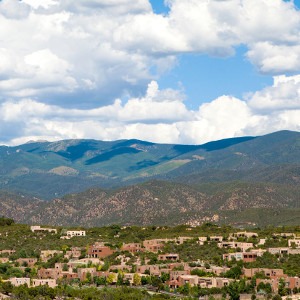
A new tool helps the City of Santa Fe, New Mexico assess wildfire and populations at risk. Read more
-

Identify neighborhoods in six Great Lakes cities that meet socioeconomic vulnerability criteria. Read more
-
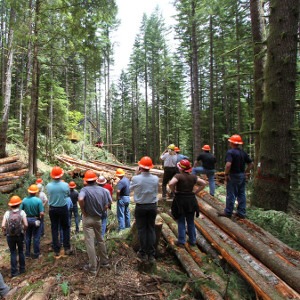
Western counties once dependent on timber today perform similarly to like-sized counties. Three case studies outline economic lessons from counties that weathered the timber transition. Read more
-
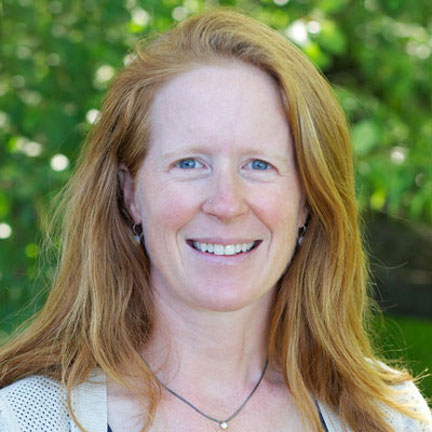
Western counties are experiencing a wide disparity in youth migration. While some are attracting and keeping young adults and families, others are struggling. Read more
-

While national poverty rates dropped in the last year, the county-level picture is mixed. Read more
-
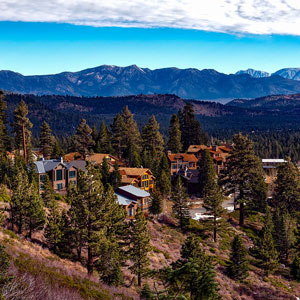
Updated: The Community Planning Assistance for Wildfire program now helps 30 communities reduce wildfire risk through improved land use planning. Read more
-
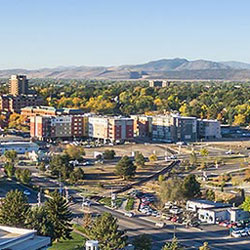
Understanding your local economy and how it compares to peers is a crucial part of community and economic development. Read more
-
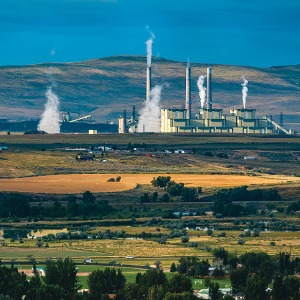
Coal fiscal policies vary widely across the West in terms of how revenue is generated, set aside in permanent savings, or spent by state and local governments. Read more
-
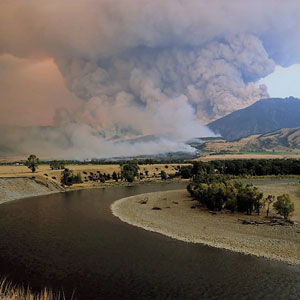
County governments, fire districts and service areas, and landowners have many opportunities to reduce wildfire risk in the wildland-urban interface through land use planning tools and strategies, though challenges in Montana’s regulatory framework remain. Read more
-

Hispanics account for roughly one in four westerners and one in six rural westerners. Read more
-

Lack of access to a vehicle, poverty, and disabilities, can make evacuation difficult or impossible for some households. Read more
-

A lack of land use planning amplified the devastation from Hurricane Harvey. Wildfire-prone communities should take note. Read more
-

Seven case studies illustrate best practices and lessons learned to develop programs for outdoor state recreation funding. Read more
-

National interactive map and charts show Medicaid-dependent counties and populations at risk. Read more
-
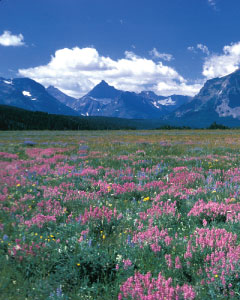
This report summarizes Montana’s economy analyzing recent growth and what is driving its performance, including a description of how federal lands help attract people, investment, and businesses. Read more